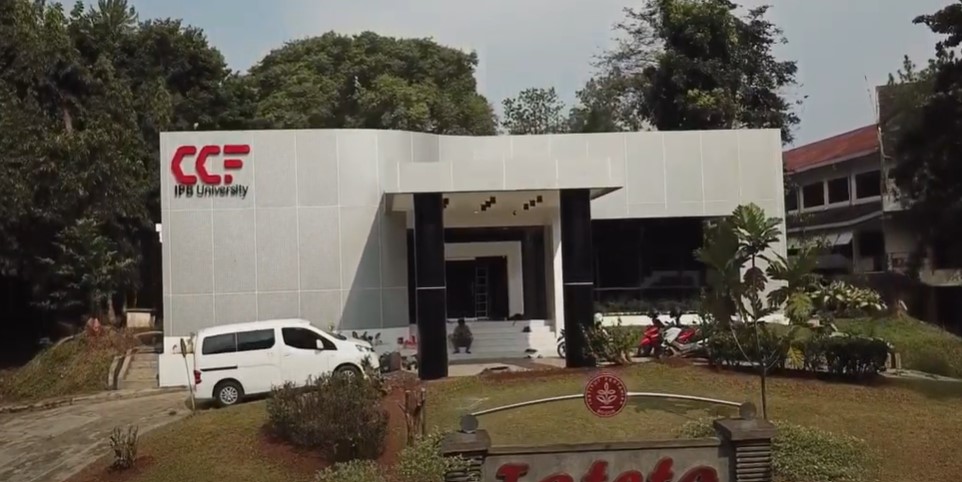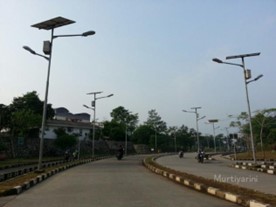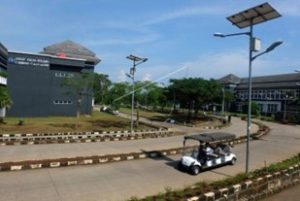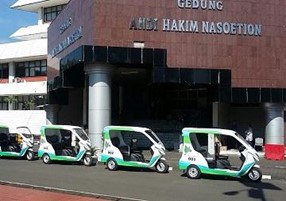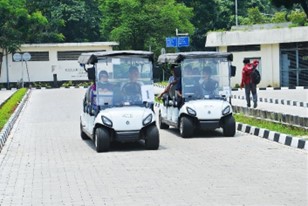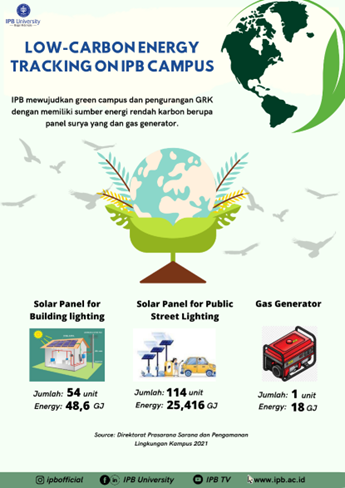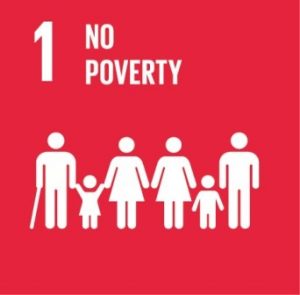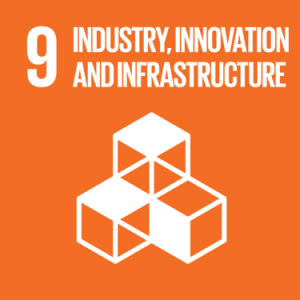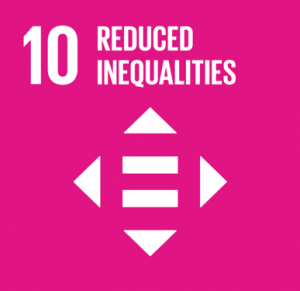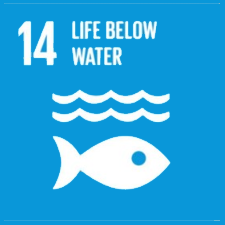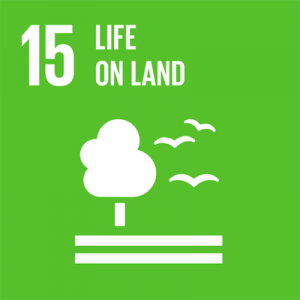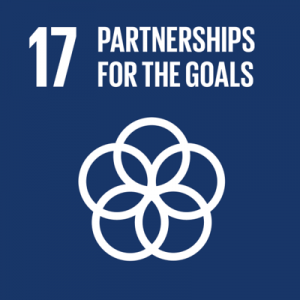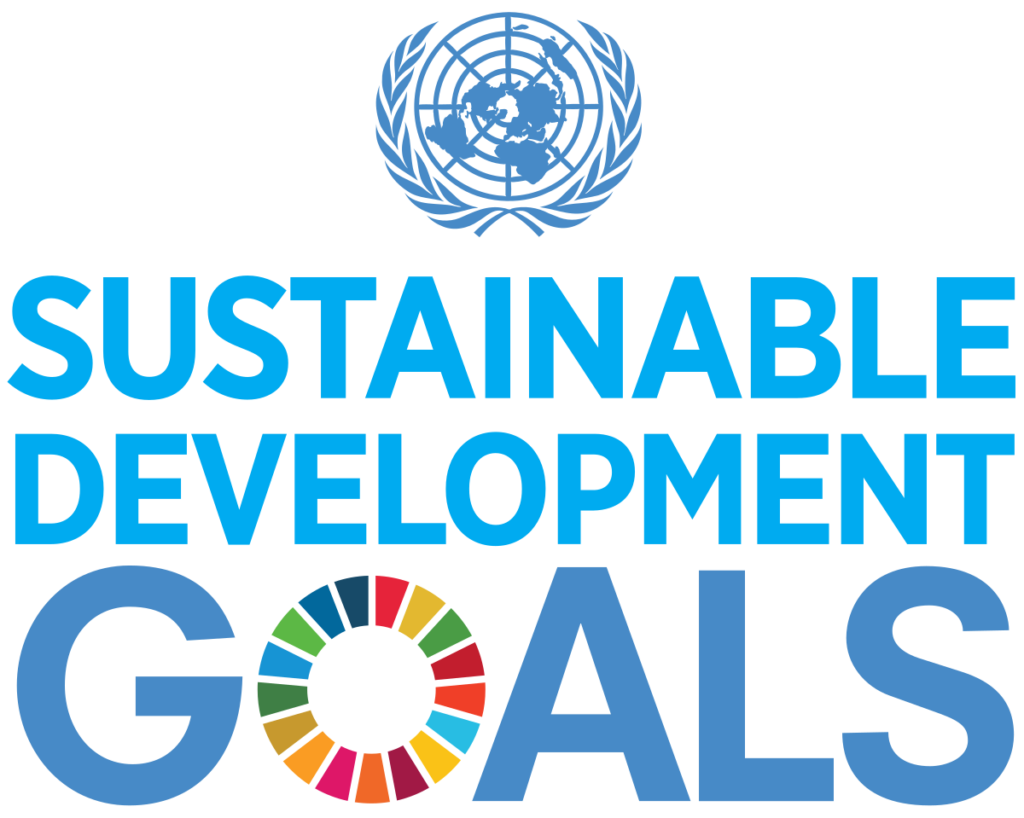SUSTAINABLE DEVELOPMENT GOALS
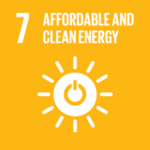
SDG 7: AFFORDABLE AND CLEAN ENERGY
“After water and food, energy is one of the key enablers of human life. Energy is central to nearly every major challenge and opportunity the world faces today and access to energy for all is essential. But energy needs to be available and affordable to all to allow future development, and it needs to be clean in order to ensure that the development can be sustainable.”
(THE Impact Rankings)
University measures towards affordable and clean energy
IPB University has a policy to ensure all renovations or new builds follow energy efficiency standards. IPB University undertakes the construction of new buildings and building renovations according to standards and policies that have been set by the government as follows:
Building construction refers to Government Regulation No. 36 of 2005 concerning Implementing Regulations of Law No. 28/2002 concerning Buildings. Articles related to energy efficiency standards in government regulation are:
Article 40 Paragraph 3, regarding the application of the ventilation system as carried out by considering the principles of energy saving in buildings;
Article 41 Paragraph 4, regarding the fulfillment of lighting system requirements, every building must have natural lighting and/or artificial lighting, including emergency lighting, according to its function;
Article 47 Paragraph 3c, regarding the use of building materials that do not harm the environment, must create buildings that are harmonious and in harmony with their environment.
And Article 50 Paragraph 2c, regarding the level of temperature and humidity of the air in the room, can be done by air conditioning, taking into account the principles of energy saving and environmental sustainability.
According to Government Regulation of the Minister of Public Works and People’s Housing, Republic of Indonesia Number 02/PRT/M/2015 concerning Green Building. According to the Technical Planning Stage Requirements (Article 8) and Construction Implementation Phase Requirements (Article 9).
The concept of energy saving in our university follows the Government Regulation No. 16 of 2021 concerning Implementing Regulations of Law No. 28 of 2002 concerning Buildings Standards. According to Government Regulation No. 16 of 2021 Article 112, technical planning in the construction of new buildings and renovations must include:
- Site management;
- Energy use efficiency;
- Water use efficiency;
- Indoor air quality;
- The use of environmentally friendly materials;
- Waste management; and
- Wastewater management.
IPB’s Long-term Development Planning policy emphasizes sustainable development that we call Green Campus Program 2019-2045 which underline the implementation of Green Campus as a strategic issue (Page 75). The policy for implementing green development in IPB University is called “Naskah Akademik dan Perencanaan Implementasi Green Campus IPB 2019-2023” (Academic Paper and Planning for IPB Green Campus Implementation 2019-2023). This Academic paper contains the energy efficiency standard (Chapter 5.5 page 82-86) and Infrastructure and Green Building (Chapter 5.6 page 87-89). The policy of IPB green campus is also stated in the IPB Strategic Plan 2019-2023 and IPB Work Plan 2021 (page 2-10, Green and Smart Infrastructure).
Academic Paper and Planning for IPB Green Campus Implementation 2019-2023
IPB also follows several policies regarding Energy Saving:
- Lighting system policy
- The lighting system considers the principles of energy saving in buildings (Law No.28 of 2022 Article 23 Paragraph 1)
- Lighting systems in buildings can be implemented effectively, comfortably, and save energy (Government Regulation No. 16 of 2021 Article 37 Paragraph 2)
- Ventilation system policy
- The ventilation system takes into account the principles of energy saving in buildings (Law No.28 of 2022 Article 22 Paragraph 1)
- Air conditioning is carried out by considering the principles of energy saving in buildings (Law No.28 of Article 26 Paragraph 4)
- The application of the ventilation system must take into account the principle of energy saving in buildings (Government Regulation No. 16 of 2021 Article 36 Paragraph 5)
In the Academic Paper and Planning for IPB Green Campus Implementation 2019-2023, IPB University has planned to evaluate and upgrade the existing buildings to higher energy efficiency (Chapters 6.4 and 6.5) (pages 115-120). To achieve the targets, especially related to green building and energy efficiency, since 2019, IPB University cooperates with Green Building Council Indonesia (GBCI) by signing a Memorandum of Understanding (MoU). By this cooperation, IPB University is ensuring the fulfillment of its Green Campus commitment, particularly to follow energy efficiency standards on its old and new buildings and infrastructures. In addition, IPB and GBCI are also committed to collaborating in education, research, and community service in the context of developing green buildings in Indonesia. In the implementation, Cyber Center Fateta (CCF) building has been upgraded with the new design by considering energy efficiency.
IPB University Partners with Green Building Council Indonesia to Succeeding Green Campus
Video: Cyber Center of Agricultural Technology Faculty (Fateta)
Since 2019, IPB has conducted a Carbon Footprint (CFP) study to reduce carbon dioxide emissions. The results of this study are used as one of the important considerations in the determination of Carbon Management in the IPB campus environment.
IPB University continues to implement programs to reduce CO2 emissions through 4 elements of green campus, those are: i) green transportation, ii) green movement, iii) green energy, and iv) dan green building/open space. The Guidelines for implementing carbon management and reducing CO2 gas emissions are documented in the IPB towards Green Campus 2020 book (Ev. 2). IPB realizes the importance of green transportation since it will play an essential role in reducing pollutants and carbon emissions in the campus environment. Transportation policies to limit the number of motorized vehicles and use of campus buses & bicycles will encourage the creation of a healthier environment.
Energy efficiency and low carbon emission are criteria for the IPB Green Campus. To achieve the targets, IPB University has made a road map to achieve the target in the 2019-2023 period as written in the Green Campus academic manuscript Tabel 6.4, page 110.
The energy efficiency commitment is also formally stated in the IPB University Strategic Plan (page 11). IPB is committed to reducing energy consumption through various research activities and innovations related to biomass and bioenergy, wind energy, and biogas.
IPB University regularly undergoes energy reviews to identify areas where energy wastage is high, as shown in the carbon footprint study report. Since 2019, IPB has conducted a Carbon Footprint (CFP) study to reduce carbon dioxide emissions.
IPB University has a policy on divesting investments from carbon-intensive energy industries by developing some technologies to reduce coal waste and oil usage. Since 2019, IPB is fully committed to realizing a green campus by using the green campus movement, such as using renewable energy such as solar panels, biogas, and electric cars.
IPB University is committed to realizing a green campus through the Decree of the Rector of the Bogor Agricultural University Number 104/IT3/LK/2019 regarding the criteria for IPB green campus. The criteria for IPB green campus are as follows:
- Compliance with environmental regulations
- Water-sensitive management
- Enhancement and protection of biodiversity and sustainable landscapes
- Energy efficiency and climate
- Green infrastructure and buildings
- Green transportation dan
- Integrated and sustainable waste management
Tracking Renewable Energy
IPB University regularly tracks renewable energy (low carbon energy) from solar panels and gas generator sets. This activity is a form of IPB’s commitment to realizing the Green Campus program and GHG reduction. In 2021, there will be additional low-carbon energy sources in the form of 54 solar panels for building lighting and 1 gas generator. Low carbon energy in 2021 will increase by 66.6 GJ or 262% from 2019.
Energy and the community
- IPB Virtual Gowes 2021 for Low Carbon Emission. In commemorating the 58th Anniversary of IPB and Zero Emission Day, the Center for Environmental Research (PPLH) IPB held the IPB Virtual Gowes 2021 Competition for Low Carbon Emissions. This event is hosted by The Agrometeorology Student Association (Himagreto) and the Center for Environmental Research (PPLH), Institute for Research and Community Service (LPPM) IPB University. In other activities, webinars were also held on September 21th, 2021 “The Role of Society to Reduce Emissions in Supporting the Government Towards Zero Emissions” last week. This webinar presents two IPB University experts. They are Dr. Akhmad Faqih, from the Department of Geophysics and Meteorology and Prof. Arief Sabdo Yuwono from the Department of Civil and Environmental Engineering.
- Himagreto and PPLH IPB University invite the community to maintain the climate by reducing carbon emissions.
- Engage Community to Saving Energy, UKM IGAF IPB University Conduct Education
- EV and Renewable Energy Webinar
IPB promotes a public pledge toward 100 % renewable energy. During the International Conference of Biomass and Bioenergy (ICBB) held by the IPB Surfactant Bioenergy Research Center (SBRC), Institute of Research and Community Service (LPPM) IPB University in Baranangsiang Campus, Bogor, the Rector of IPB University, Dr Arif Satria said that IPB University will keep on striving to produce researches about biomass and biofuel-based alternative energies.
IPB University also organizes meetings on The 2nd International Seminar on Natural Resources and Environmental Management on August 4-5th 2021, and discussions as a commitment to promote 100% renewable energy.
International Seminar on Natural Resources and Environmental Management
Professor Nyoman J Wistara, a Professor of IPB University from the Faculty of Forestry and Environment, deliver a public lecture on Biomass Energy Sources and Future Renewable Materials. During this event, he stated that lignocellulosic biomass could be used as energy and advanced renewable materials. He said lignocellulosic biomass is a second-generation biomass energy source.
Lignocellulosic Biomass Energy Source and Future Renewable Materials
IPB provides direct services to local industries to improve energy efficiency and clean energy. In 2021, our students will create more effective and efficient palm oil harvesting equipment.
Student Activity Unit (UKM) Indonesian Green Action Forum (IGAF) IPB University commemorates Earth Hour by organizing a talk show, “Healing, Shooting, and Saving Our Earth in One Hour”. This activity aims to invite the community to save energy and build the foundation for a better future for the earth and future generations.
IPB actively informs and supports the government in clean energy and energy-efficient technology policy development. At the national level, The House of Representatives of the Republic of Indonesia asked for advice from IPB University regarding the Draft Bill of Clean & Renewable Energy Policy in Indonesia.
IPB University Suggestions for New and Renewable Energy at The VII Congress Commission of DPR RI
IPB University provides assistance for start-ups to support a low-carbon economy/technology. This assistance includes training, technical assistance in production and business management, business matching, and exhibition. Some of the start-ups that were assisted had product backgrounds that supported low carbon economy/technology.
IPB University has two research centers focusing on low-carbon economy and technology: Surfactant and Bioenergy Research Center (SBRC), and Centre for Climate Risk and Opportunity Management in Southeast Asia Pacific (CCROM – SEAP).
In 2020-2021, IPB University will assist start-ups in developing their business in low-carbon energy and technology by utilizing innovation in the energy sector. IPB also encourages the development of the B30 additive product formula. Biodiesel additives (B30) are a mixture of diesel fuel and biodiesel with a ratio of 70:30.
Research paper: Bioethanol prospect from crops and its biomass in Indonesia
SDG 7 IN NUMBER
44,686 GJ
Total energy consumption
306,104 m²
University floor space
0.15
Total energy consumption per sqm
RELATED NEWS
It seems we can't find what you're looking for.

